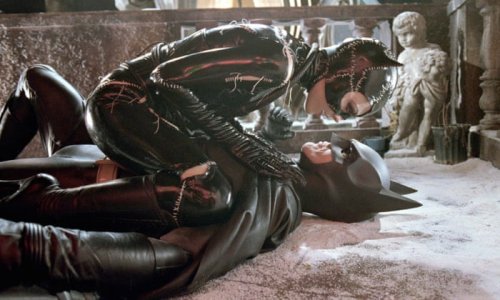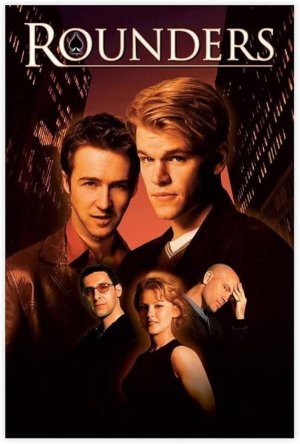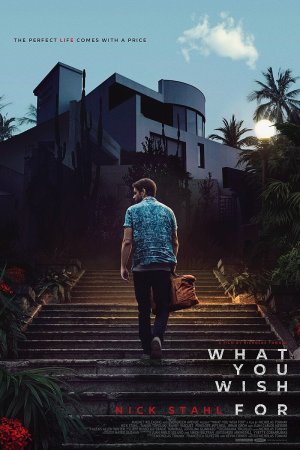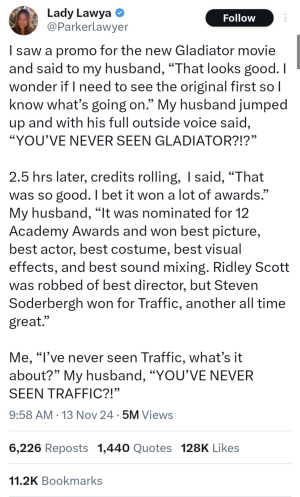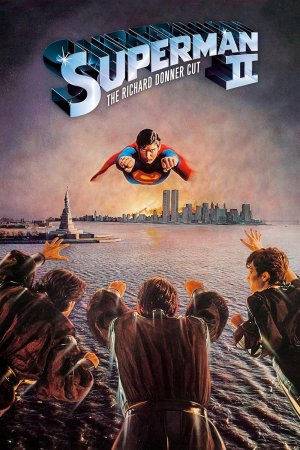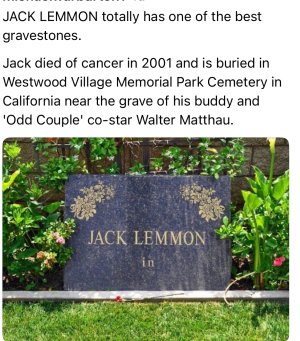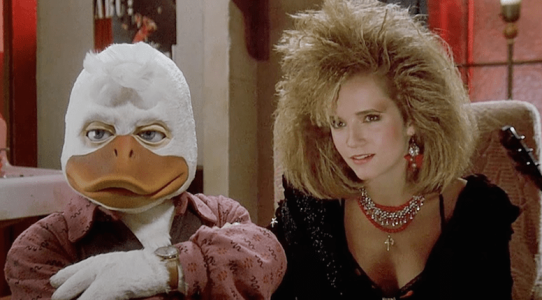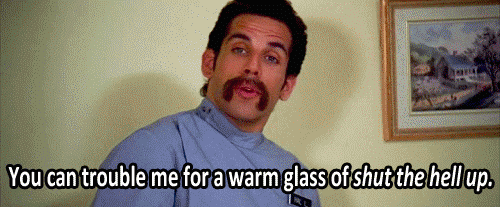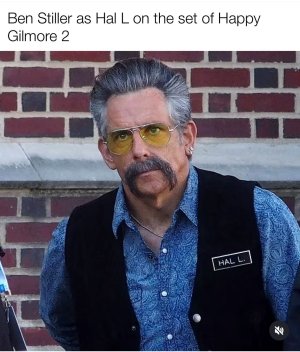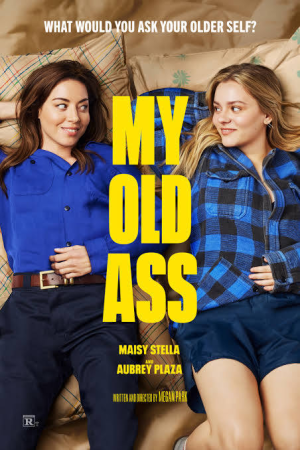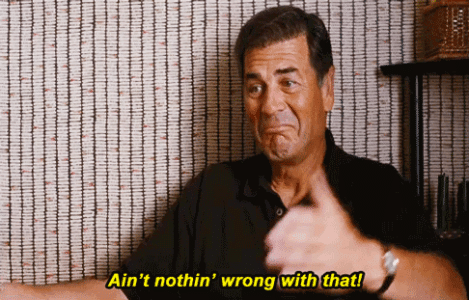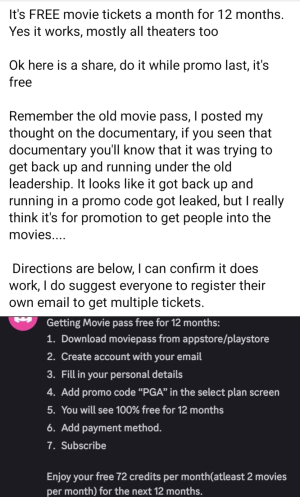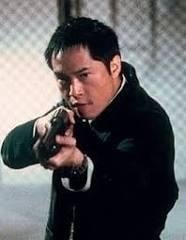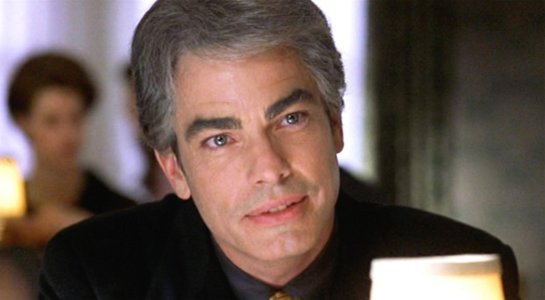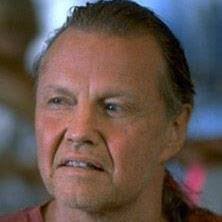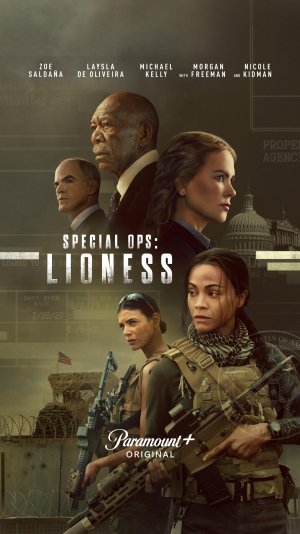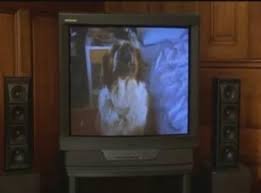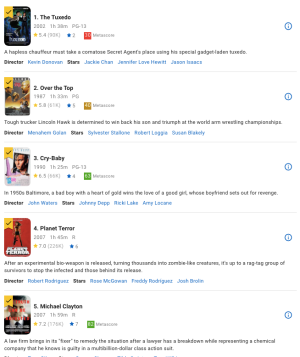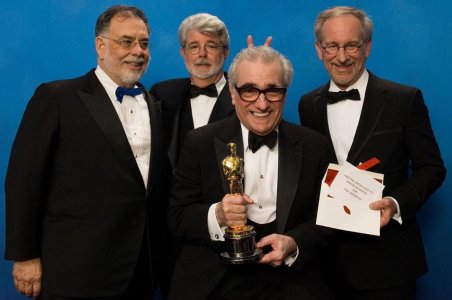Warner Bros. No Longer in Legendary’s Future
JUNE 24, 2013 | 06:34PM PT
Universal, Sony and Fox still in the running
Marc Graser
Senior Writer
@marcgraser
While Legendary Entertainment’s Thomas Tull is still talking to multiple studios about a new distribution and potential co-financing deal for its movies, Warner Bros. isn’t among them. Tull is set to end his production company’s eight-year partnership with the studio as their contract comes to an end.
Legendary and Warner Bros. have opted to part ways rather than continue discussions about extending their deal, sources close to both parties confirm to Variety.
The decision now enables Tull to move forward with more serious talks with the three interested studios looking to lure Legendary to their lots: Universal, Sony and Fox. Tull will also meet with Lionsgate this week, according to Deadline.
Legendary’s goal is to have a new deal in place before the July 4th weekend, according to multiple sources, with Tull saying any studio it decides to partner with would have to agree to “help fulfill the grand vision” he has to build a larger entertainment company that produces not just films, but TV shows, digital content and publishes comicbooks that appeal to fans of genre fare.
Talks are said to be moving further along with NBCUniversal, but there is still another meeting set with Fox. That said, at this point Universal seems to be the frontrunner for the studio that offers the best fit for Legendary movies. Company’s theme parks could easily house attractions based on Legendary’s upcoming pics that it’s producing and financing mostly on its own. NBC’s various TV channels would also serve as a good home for TV shows it develops under former Warner Bros. Television chief Bruce Rosenblum, who joined Legendary as president of TV and digital media this month. And Universal is open to new franchises after its “Fast & Furious” films and toons from Illumination Entertainment have scored at the box office.
Universal has a fourth “Jurassic Park” planned for summer 2015. Studio could also use a source for new coin after outside production funding from hedge fund Elliott Management dries up at the end of the year. Legendary also provides Universal with an open door into China, through a three-year co-production pact with China Film Group.
Timing is key for Legendary as it looks to broker a new pact. Tull’s company has a lot riding on the success of Guillermo del Toro’s “Pacific Rim,” a more than $200 million-budgeted tentpole, which is facing some hurdles in exciting moviegoers before its July 12 release despite getting a major promotional push since last summer’s Comic-Con in San Diego.
Early tracking for the film is so far disappointing with audiences showing more interest in Sony Pictures’ sequel “Grown Ups 2,” which also opens that weekend. Some are comparing “Pacific Rim” to to Saban’s “Power Rangers” kids franchise or Japanese anime. As a result, expect a last-minute marketing blitz from distributor and 25% investor Warner Bros. to try to turn around those numbers. While the studio is advancing the film’s P&A costs, it risks losing a lot of money if the movie does not perform.
“Pacific Rim” is the first of several big budget tentpoles that Legendary is looking to produce as it attempts to develoop a slate of films it mostly owns. It covered 75% of the costs on “Pacific Rim” and next summer’s “Godzilla,” for example. Its upcoming program includes “300: Rise of an Empire” (which just had its released date moved back to next March from August)’ fantasy pic “Seventh Son;” an untitled cyberthriller starring Chris Hemsworth that Michael Mann is helming; videogame adaptation “Warcraft;” thriller “As Above So Below;” and supernatural actioner “Spectral.”
“We want to grow to a size and want to control as much of our destiny as much as possible,” Tull said at a recent press presentation.
To that end, Tull has been making some innovative moves.
May was a big month for the company, with Legendary announcing it bought marketing shop FIVE33; and brokered a three-year co-production agreement with Beijing-based Legendary East and China Film Co. That markedthe first time the state-backed film venture has inked a long-term, multi-picture production deal with a Chinese or international partner.
In June, Tull hired Rosenblum to run Legendary’s TV division, and tapped former EA Sports executive Christopher Erb to serve as executive VP of brand marketing to focus on growing the company’s brand identity with fanboys and general moviegoers.
Late last year, it rased $443 million in equity through investment firm Waddell and Reed, bringing Legendary’s total capital raised in 2012 to $720 million. At the time, the company said much of the money would be put toward financing its publishing, digital, merchandising and television ventures.
In his media presentation last week, Tull said the company would decide whether to re-up with Warner Bros. or leave for another studio within 60 days, or by the end of the summer.
But during that same meeting, Tull essentially was already bidding farewell to Warner Bros., saying that the two companies are in very different position from when they first paired up in 2005 to co-finance and co-produce tentpoles. Since then the relationship has resulted in films like Christopher Nolan’s Batman trilogy, “The Hangover” franchise, two Superman movies, a reboot of “Clash of the Titans” and its sequel, and “300.”
Legendary and Warner became bedfellows at a time when the Burbank studio needed money to bankroll its slate of tentpoles and Tull had a lot of it to offer. For Tull, a Warner partnership offered him the opportunity to make the kind of films he wanted to see as a fan boy of superhero, sci-fi, fantasy fare. The first movies two he backed were big screen reboots of Batman and Superman.
Helping Tull make the decision to leave was DC Entertainment.
In addition to new leadership at the studio under the helm of CEO Kevin Tsujihara, Warner Bros. is looking to take more control over films based on DC’s superheroes and not offer the projects up to co-financiers the way it let Legendary back Christopher Nolan’s Batman trilogy, “Superman Returns” and “Man of Steel.” Legendary benefited from the success of those hits since it paid for half of their production costs.
Moving forward, however, Warner Bros. would prefer to treat DC titles like its “Harry Potter” franchise (which it funded fully on its own and shared profits with author J.K. Rowling) and own more of the films in order to reap the rewards when they take off at the box office. “Man of Steel” has earned $398 million since June 14, and the Batman films raked in $2.5 billion.
“Whether we’re there or not, they have a bright future,” Tull said of Warner Bros. “We will continue to be friends…I’m going to be grateful for the time we had,” Tull added. “We wouldn’t be where we are without Warner Bros.”


 , her and Jude Law both did a wonderful job. Highly recommend this one.
, her and Jude Law both did a wonderful job. Highly recommend this one.  As I've said I like these types of movies dealing with the Greek/Roman myths and GODs, and the armies involved in various battles. Channing Tatum managed to make me like him a bit more and since I never heard of Cavill this was a really good 2nd impression. Mickey Rourke was cool in this.
As I've said I like these types of movies dealing with the Greek/Roman myths and GODs, and the armies involved in various battles. Channing Tatum managed to make me like him a bit more and since I never heard of Cavill this was a really good 2nd impression. Mickey Rourke was cool in this.











